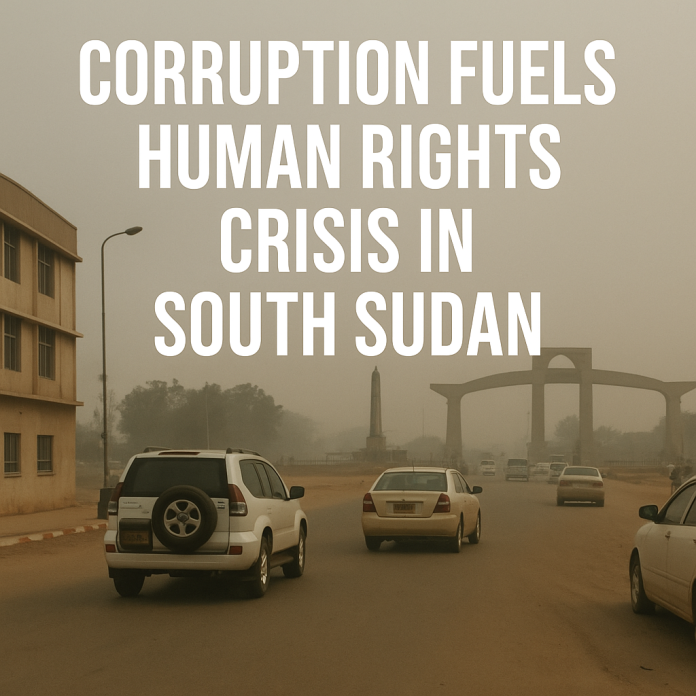A new report by the UN Commission on Human Rights in South Sudan has exposed the severe impact of entrenched government corruption on the country’s humanitarian and development landscape.
Following two years of investigation and analysis, the Commission revealed that widespread mismanagement of both oil and non-oil revenues is at the heart of a deepening human rights crisis. Political elites continue to benefit from opaque financial schemes and unaccountable spending, while the majority of South Sudanese citizens are deprived of basic public services such as healthcare, education, and clean water.
“Corruption isn’t incidental in South Sudan — it is central to the country’s decline,” said the Commission. “It is fueling hunger, dismantling health systems, causing avoidable deaths, and triggering deadly conflicts over resources.”
Billions Lost, Services Collapsing
Since South Sudan gained independence in 2011, the country has generated over $25 billion in oil revenues. However, the Commission found that these funds have largely failed to benefit the population. Instead, they have been funneled into private hands through politically connected contracts and schemes.
One example is the “Oil for Roads” program, which was meant to improve infrastructure. The initiative fell short of its objectives, with an estimated $2.2 billion diverted into political patronage networks without delivering the promised roadworks.
In the non-oil sector, the report highlights concerning practices by private entities such as Crawford Capital, which collected significant taxes through informal channels. These practices obstructed humanitarian efforts and further strained public services, with little of the revenue reflected in official budgets.
Reform Promises Unfulfilled
Despite a 2018 peace agreement that included commitments to financial reform and anti-corruption measures, the Commission noted that implementation has been insufficient and underfunded. This failure has prolonged the suffering of millions and intensified South Sudan’s vulnerabilities.
“Three out of four child deaths in the country are preventable,” the Commission noted. “Yet funds continue to be siphoned off for political gain instead of being invested in essential medicine, clean water, or education.”
A Call to Action
The Commission’s report outlines 54 recommendations urging the government to prioritize transparency, public service delivery, and accountability. These include the urgent need to prosecute economic crimes and fulfill basic needs to ensure peace and stability.
“When public wealth is treated as private fortune, peace is unsustainable,” the Commission concluded. “To preserve the nation’s fragile transition, South Sudan must invest in human rights and justice.”
Established by the UN Human Rights Council in 2016, the Commission operates independently to monitor and report on the human rights situation in South Sudan. Its latest findings are a stark reminder of the urgent need for reform, accountability, and genuine political will to put citizens before profits.




